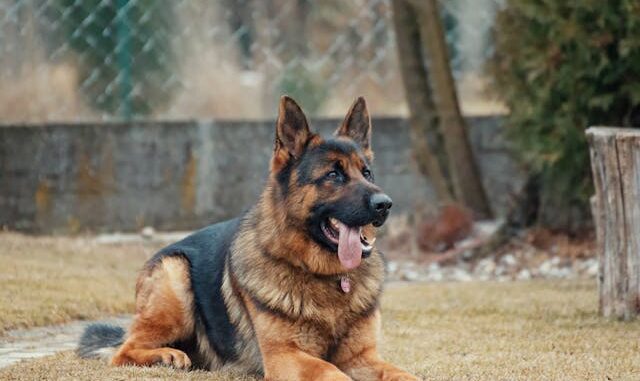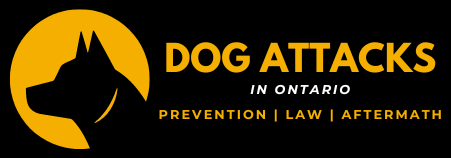
The aftermath of a dog attack is a whirlwind of emotions and logistical hurdles. Beyond the physical injuries, the emotional shock can be overwhelming. Knowing who to contact and what steps to take is crucial. This article explores the reporting process for dog attacks in Ontario, outlining the roles of Animal Control, Public Health, and emergency services.
The Immediate Response: Prioritizing Safety and Medical Attention
The first and most important priority after a dog attack is ensuring the safety of yourself and anyone else involved. If the dog is still present, attempt to move to a safe location. Bystanders can try to distract the dog with loud noises or objects, but never attempt to intervene directly.
Step One: Seeking Medical Attention
Regardless of the severity of the injuries, seek medical attention immediately. Getting treated at a hospital or urgent care center ensures proper wound care, documentation of the injuries, and a record of the attack for future reference.
Step Two: Contacting Emergency Services
In certain situations, immediate contact with emergency services may be necessary:
- Serious Injuries: If the dog attack resulted in severe injuries like deep bites, broken bones, or excessive bleeding, call 911 for immediate medical assistance.
- Attacker Unidentified: If you don’t know the owner of the dog or cannot locate them, contacting the police might be necessary. They can help identify the dog’s owner and ensure animal control gets involved.
- Criminal Behavior: If the dog attack involved deliberate provocation or criminal activity by the dog owner, contacting the police is crucial. This might include situations where the owner encouraged the attack or deliberately set the dog loose on someone.
Reporting the Attack: Understanding Your Options
Once medical attention has been addressed, reporting the dog attack is vital to ensure public safety and potentially protect your rights. Here’s a breakdown of who to contact depending on the situation:
- Animal Control: This should be your primary point of contact in most cases. Animal control officers are responsible for investigating dog attacks, gathering information from all parties involved, and taking necessary actions to address any potential threats posed by the dog.
- Public Health Department: In some municipalities, the public health department might also be involved, particularly if there are concerns about rabies or other animal-borne diseases. They might inquire about the dog’s vaccination status and quarantine procedures.
Understanding When to Contact Animal Control or Public Health
Here’s a breakdown of when to contact each agency:
- Animal Control: Contact them for all dog attacks, regardless of the severity of the injury. They will investigate the incident, assess the dog’s behavior, and determine appropriate action.
- Public Health Department: Contact them if there are concerns about the dog’s vaccination status or potential exposure to rabies or other diseases. You can inquire about recommended protocols if the dog’s vaccination history is unknown.
The Role of Animal Control: Investigating and Taking Action
Animal control plays a vital role in ensuring public safety and addressing dog attacks. Here’s what you can expect during their investigation:
- Fact-Finding: Animal control officers will interview you and any witnesses to gather details about the incident. They will also likely want to speak to the dog owner.
- Scene Assessment: Depending on the circumstances, animal control officers might visit the location of the attack to assess the environment and gather any relevant evidence.
- Dog Evaluation: The dog will likely undergo an evaluation by animal control officers to assess its temperament and behavior. In some cases, a veterinary behavioral assessment might be recommended.
Potential Consequences for the Dog Owner:
Based on their investigation, animal control can take various actions:
- Fines: Dog owners found to be in violation of leash laws or municipal animal control bylaws can face fines.
- Muzzle Orders: If the dog poses a potential threat, animal control might require it to be muzzled whenever in public spaces.
- Training Requirements: The owner might be mandated to complete obedience training with their dog to address any behavioral issues.
- Quarantine: If there are concerns about rabies or other diseases, the dog might be quarantined for observation.
- Seizure and Euthanasia: In severe cases, particularly involving repeat offenses or attacks causing serious injuries, animal control might seize the dog and consider euthanasia.
Working Together for a Safer Community
Reporting dog attacks protects yourself and your community. Animal control can only take appropriate action if they are aware of the incident. Remember:
- Prompt Reporting: The sooner you report the attack, the sooner animal control can investigate and take steps to prevent future incidents.
